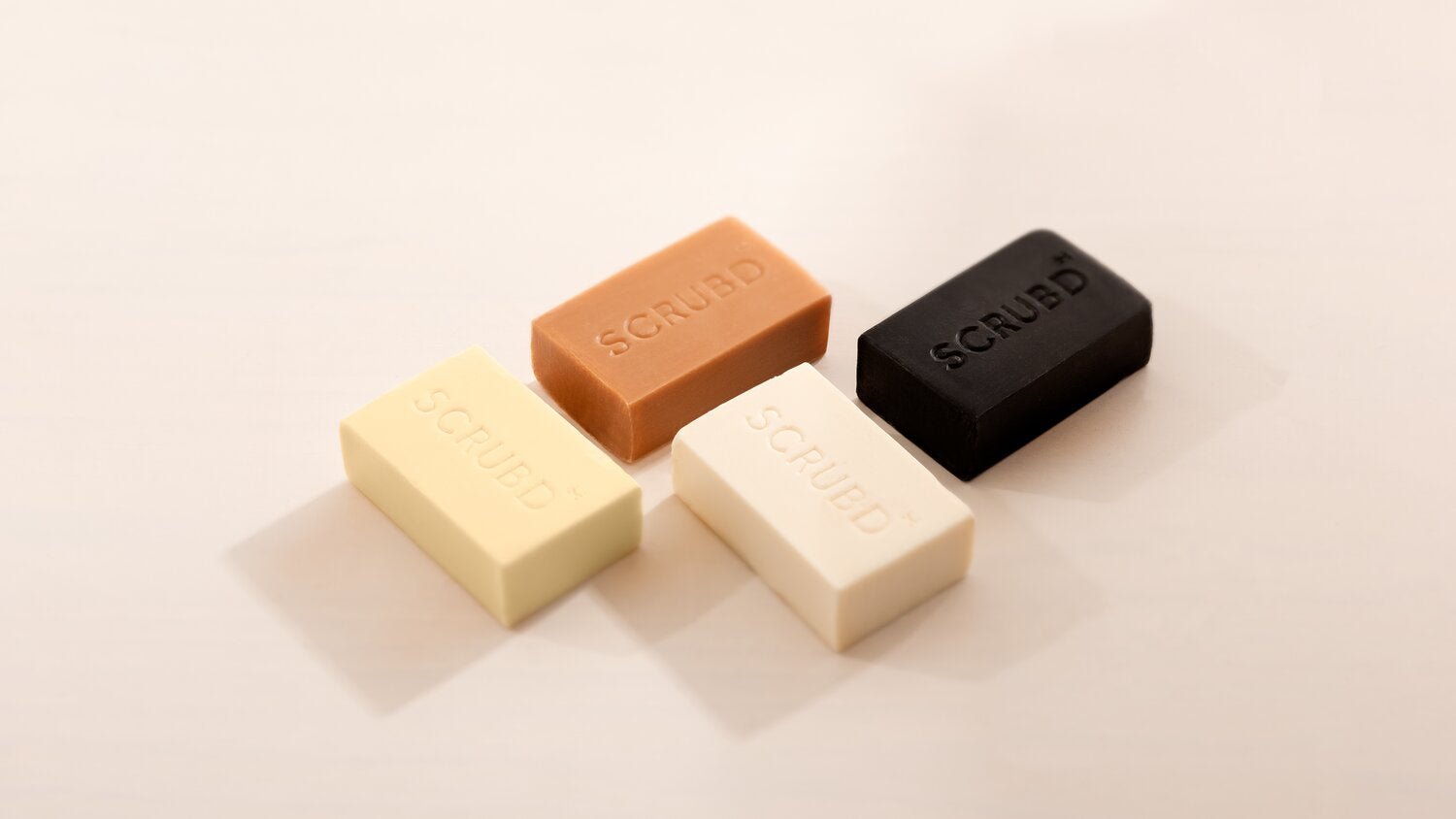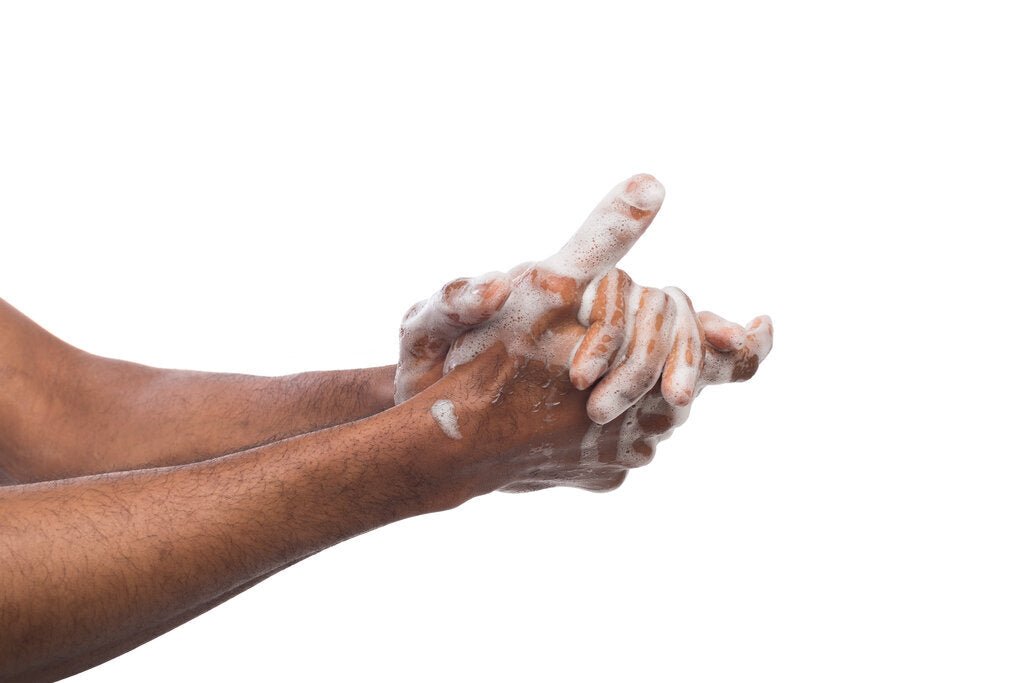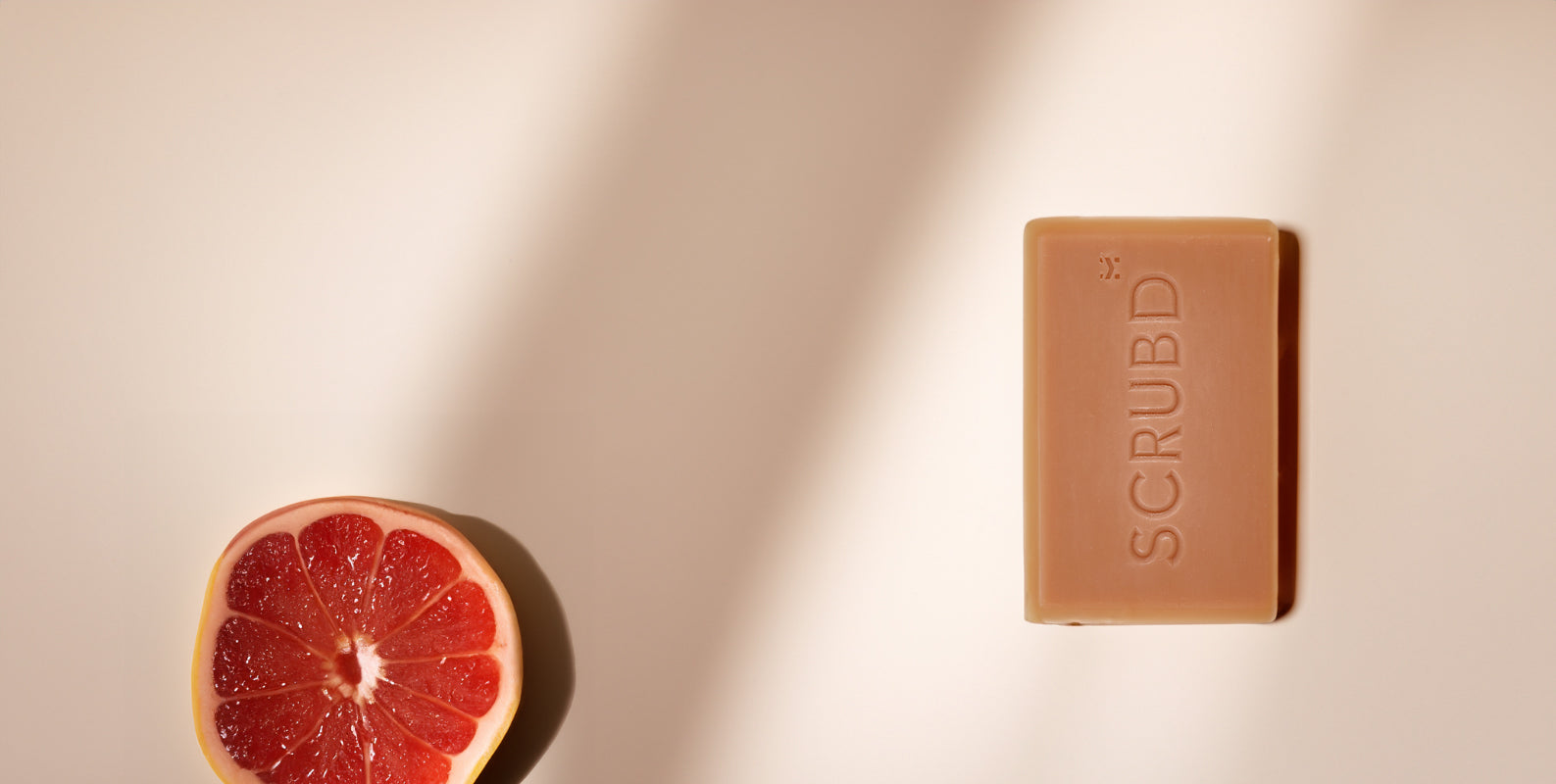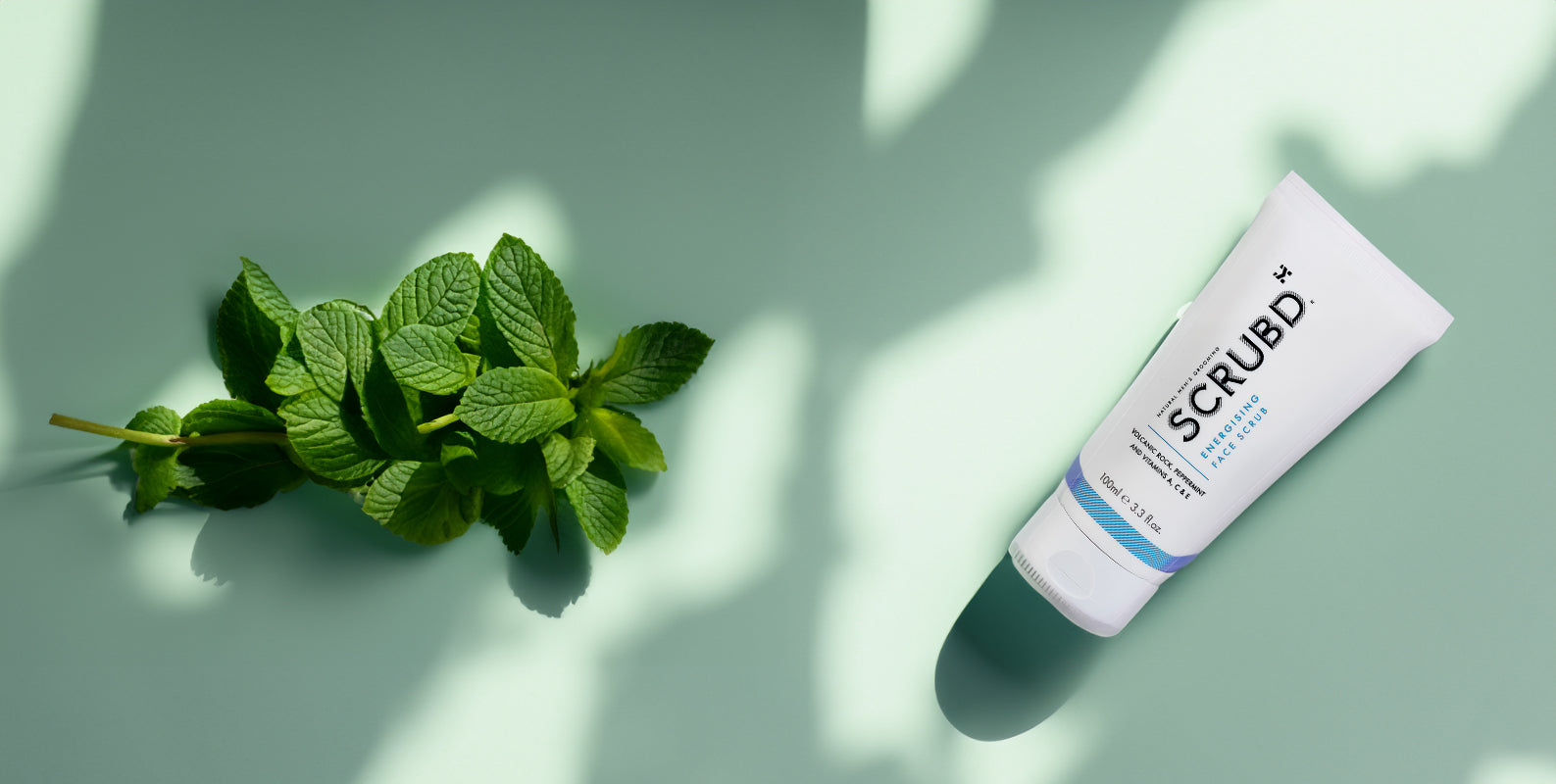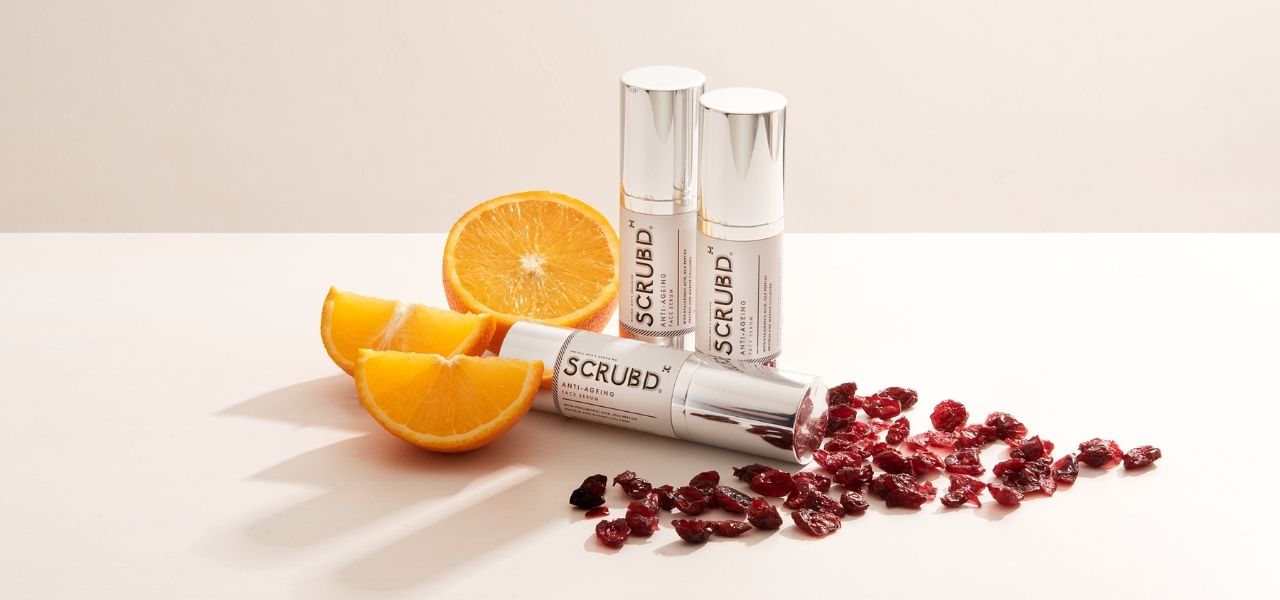We all know that eating well and staying active is the foundation for a healthy life, but do you hold the same standards for what you put on your skin?
Soap is an everyday product that we use with little regard to its ingredients. It's important to know what ingredients it contains and their potential side effects on your skin, the environment and even your health.
To make things easier, we've made a list of the top 5 ingredients to avoid when shopping for soap so you can wash with confidence knowing your soap will cleanse and nourish - rather than irritate - your skin!

1. Parabens
Parabens are a group of preservatives used in soaps to stop the growth of bacteria and mould. Essentially, they prevent the soap from going bad, which means it can last longer on the shelf.
Parabens can induce skin irritations and allergies in some people but what is even more concerning, is that there is also an ongoing debate as to whether parabens are linked to breast cancer. This is because parabens are believed to mimic oestrogen and disrupt the hormone system in your body when used frequently over time.
Parbens have even be discovered in breast tissue. This has raised concerns since it demonstrates that parabens in personal care products can not only be absorbed by the skin but can also remain in the body's tissues.
Parabens have been added to cosmetic products since the 1950s and are still common in skincare products so it's very possible that we are exposed to them regularly. In fact, you probably use soaps that contain these ingredients without knowing it.
So, what can you do to avoid them?
Scan the ingredients list on the back of your soap and if it has parabens as one of the ingredients then it's best to put the soap back on the shelf! The most common ones found in soaps are propylparaben, butylparaben and methylparaben but regardless all ingredients with paraben compounds will end with 'paraben' so they're easy to spot!
There are many companies that have started to create soaps without these ingredients in order to provide a safer option for their consumers but it's always best to double check.
2. Sodium Lauryl Sulfate (SLS)
SLS is a surfactant that breaks down grease so that it can be dissolved and washed away with water. It's also a good foaming agent, causing liquids to foam while providing the thick lather that most of us desire when washing our hands and bodies.
It's also added to many household cleaning products, such as laundry detergent or toothpaste!
The problem with this soap ingredient is that long term usage of SLS soap can cause your skin to become dry and irritated. As it effects skin proteins, the epidermis (outer skin layer) is damaged and so skin turns dehydrated, cracked and sore!
So, it's best to choose soap without this ingredient, especially if you suffer from eczema, psoriasis or other skin conditions.

3. Sodium Laureth Sulfate (SLES)
Although it has a less irritating effect on the skin than SLS, SLES or in full terms, Sodium Laureth Sulfate is far from a skin nourishing ingredients.
It originally starts as SLS before it is modified into Sodium Lauryl Sulfate (SLS) through ethoxylatoin (where ethylene oxide is added to the compound).
SLES can cause redness, damage to the epidermis and skin irritation. It can also cause tiny tears in the the skin that allow dirt and bacteria to enter and become trapped underneath, which develops into acne!
Ingredients that have a similar effect are Ammonium Laureth Sulfate (ALES) and Sodium Xylene Sulfonate (SXS).
If the product states that it is "just" SLS free, it's more than likely made with SLES, since despite their similar chemical structure, they are not technically the same substance. On the same token, products labeled 'SLES free' may also contain SLS.
That's why choosing soaps that are 'sulfate free' is the best way you to buy soaps without these ingredients!
4. Triclosan
This soap ingredient is often used as an antimicrobial or antibacterial agent in soap but it's been under a lot of scrutiny in recent years.
Studies on mice found that triclosan could lead to inflammatory bowel disease as it alters the intestinal microbiota which increases the risk for bowel cancer. There's also signs to show that triclosan encourages antibiotic resistance and interference with hormonal systems.
It's also found in many other household items such as cleaning products, toothpaste and even children's toys. Many doctors have called for more investigation into the chemical and the Food and Drug Administration has banned the use of the triclosan in soaps and body washes, yet no ban has been set in the UK.
So, we absolutely recommend that you avoid soaps containing triclosan!

5. Ethanolamine Compounds
Ethanolamines are ammonia compounds used in soaps and other cosmetics including eyeliner, mascara, eye shadow and foundation. They are also found in body washes, shampoos and sunscreen as well as cleaning products.
Ethanolamines are primarily used as emulsifiers, fragrance and foaming agents.
The most common ethanolamine compounds are diethanolamine (DEA), triethanolamine (TEA) and monoethanolamine (MEA).
The real danger occurs when ethanolamines are used alongside specific preservatives that break down into nitrogen. These two chemicals combined can form nitrosamines which are considered as carcinogens and can produce cancer in various organs including the lungs, brain, kidney and liver to name a few. Yikes!
Other reports found not just organ toxicity from frequent exposure to nitrosamines but also a disruption to our hormone balance as well as being harmful to the environment.
They are deemed to be safe in products that are are only for brief use which is followed by rinsing off the skin. However, the fact that they are only permitted to be used in quick washes where they are not on the skin for a long time is a definite alarm bell!
As nitrosamines are not listed on the product ingredients, we recommend avoiding any soaps (or while we're on the topic, all products) that include diethanolamine, triethanolamine and monoethanolamine.
These compounds not only irritate skin but also dry it out and can cause inflammation for those with allergies.
DEA, TEA and MEA are frequently used to increase the foam in products but as we now know the foamier a product the more it is drying on your skin! These ethanolamines can swing your PH balance completely off leaving your skin tender, dry and irritated!
Soap up with Scrubd.
With SCRUBD, you don’t have to worry about any hidden ingredients.
We are proud to stay clear of parabens, SLS and SLES, triclosan and ethanolamine compounds often found in other soaps.
And because we believe that healthy skin starts with a good scrubbing (hence the name), all of our soaps are gently exfoliating as well.
We want you to have the wash up using only the best, that's why we're offering 25% off your first order when you use code GET25


